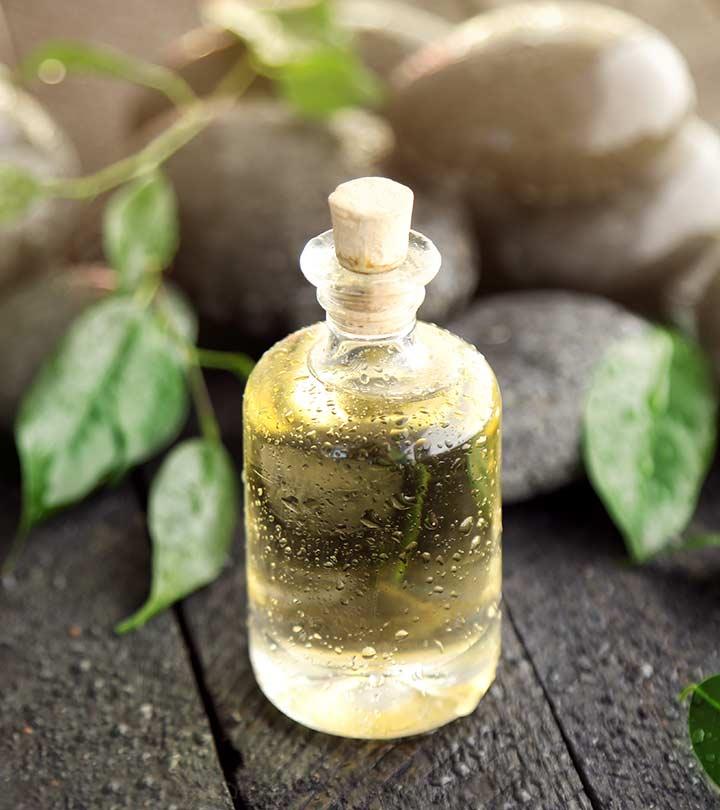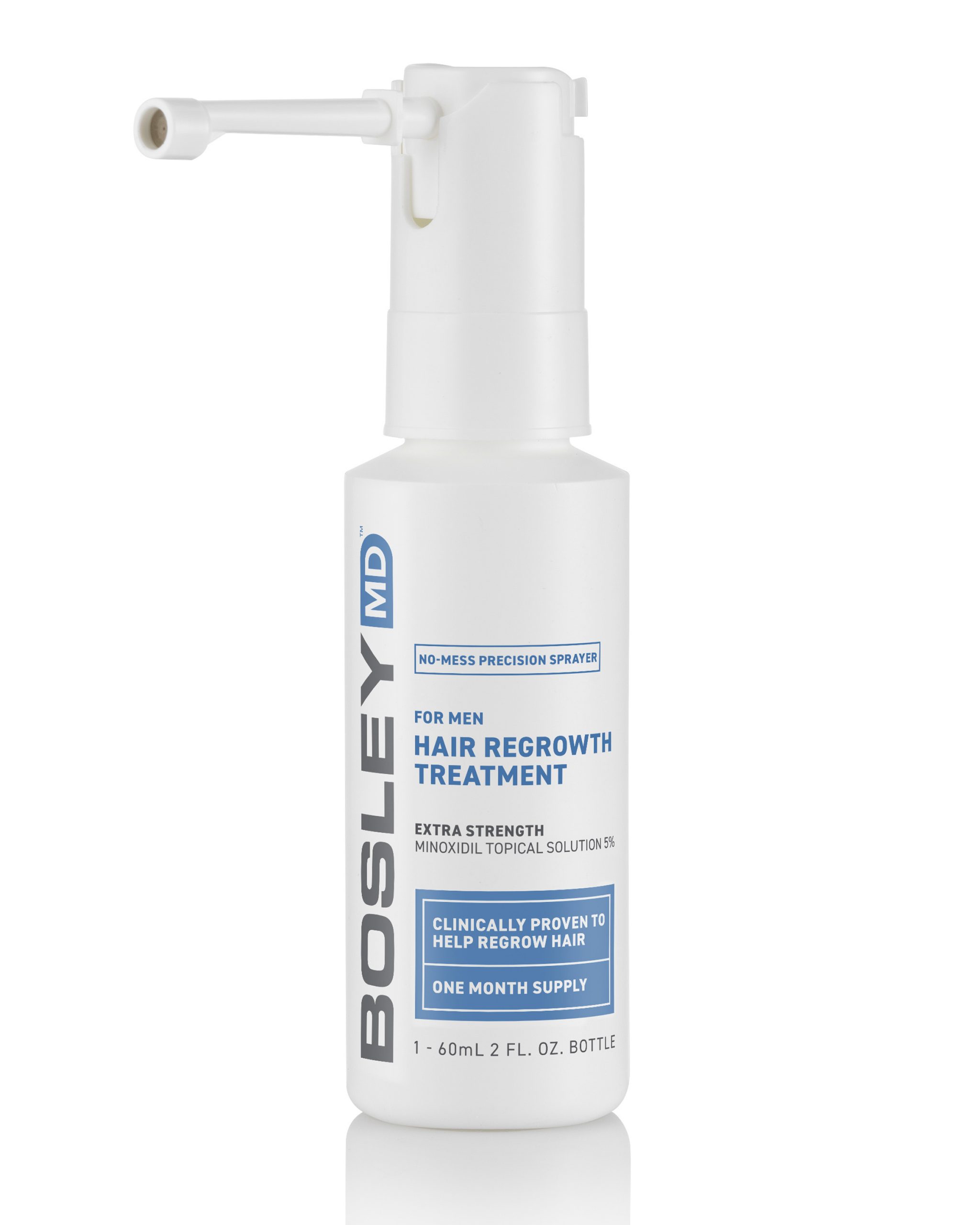Table Of Content

This is an untainted essential oil form First Botany, coming from Australia right to your home. It’s theraputic grade, meaning it’s potent and great for massaging into your hair. Essential oils can help you improve the health of your hair with very little risk of side effects at an affordable price point. Allergic reactions are also more common in those with sensitive skin or those who have allergies to the essential oil. As lack of enough oil and sebum causes hair to become dry and brittle, ylang-ylang can improve hair texture and reduce hair breakage. Feel free to ask any questions regarding the use of tea tree oil for hair.
Stimulates Blood Circulation
It also helps relieve symptoms of hair and scalp ailments like dandruff and head lice. Regarding jojoba oil in particular, experts agree that this naturally derived oil can have amazing benefits for hair (as well as skin, FYI). Natural healers suggest using a combination of 20 drops of tea tree oil in 8 ounces of warm distilled water. This mixture may reduce inflammation and should also open pores, which can then loosen ingrown hairs. More studies are needed, but the antifungal properties of tea tree oil have been found to reduce the severity of dandruff and improve other symptoms.
The 8 Best Tea Tree Oils of 2024 - Verywell Health
The 8 Best Tea Tree Oils of 2024.
Posted: Tue, 20 Feb 2024 08:00:00 GMT [source]
Biotin for Hair Growth – Benefits of Biotin and Side Effects
Adding tea tree oil to your shampoo is one of the most convenient ways of using it to prevent hair fall and promote hair growth. To create your own tea tree oil shampoo, you can combine 10 drops of the oil to 250 ml of shampoo. You can add more to create a stronger solution, but do not cross 25 drops to prevent potential scalp irritation and dandruff. Tea tree oil can be used in hair masks and added to other hair products to promote hair growth. Listed below are the different ways in which you can use tea tree oil to treat hair loss. The experts agree that tea tree oil is safe for all hair types and textures, as it has little to no effect on the hair itself.
How Does Tea Tree Oil Promote Hair Growth?
To make your own DIY tea tree oil shampoo at home, add a few drops of tea tree oil to your favorite shampoo. If you choose to make your own tea tree oil mixture, we like to use a concentration of 5%, meaning 5 milliliters (ml) of tea tree oil for 100 ml of the carrier oil. Apply 2 drops of tea tree oil to a hidden patch of skin and watch it closely for 24 hours for any signs of irritation. Proceed if you don’t have any signs of irritation the next day. Because tea tree oil’s immediate perks are for the skin, the oil is best applied directly to the scalp, ideally post-shampoo, says Dr. Rodney. Applying tree oil to the hair can also weigh it down and make it appear greasy if your mane is naturally straight or thin, she warns.
The best natural oils for hair growth, at a glance:
Lavender essential oil can help with this as it is often used in aromatherapy to relieve depression and stress (17). A lavender and tea tree essential oil combination can work miracles to improve scalp health. When using this combination, add them to a carrier oil suitable for your hair type.

Pumpkin Seed Oil for Hair Fall Control: Benefits and How to Use it
There’s research out there that supports using tea tree oil for hair benefits. The research focuses on helping your hair and scalp, but also on getting rid of unwanted hair. However, the research doesn’t show that tea tree helps hair grow more quickly.

The oil helps keep your hair healthy and moisturized, supporting hair growth. However, no scientific evidence exists that tea tree oil alone can promote hair growth. She also says that if your hair is on the finer side, apply pure jojoba oil with caution. “Use it sparingly since too much oil can easily make the hair look greasy and weigh it down,” she explains.
How we reviewed this article:
Dandruff, or seborrhoeic dermatitis, is one of the most widespread scalp problems. It can cause skin flakes, greasy patches, scaly skin, and redness of the scalp. Men with thick beards may also have a dandruff problem on their faces.
Helps scalp acne.
Seborrheic dermatitis is a condition where there is a build up of dead cells on the scalp which can lead to temporary hair loss. Tea tree oil may not be effective for other types of hair loss like genetic pattern baldness and autoimmune disease related hair loss. The thing about hair is that it is susceptible to damage from a variety of antagonists.
Tea tree oil, sometimes referred to as TTO, is an essential oil with a distinct camphoraceous odor and is native to Australia. This odor is very potent and is akin to a strong fresh minty smell. The oil is extracted from the leaves of Melaleuca Alternifolia mostly located along the northeast coast of New South Wales.
It also prevents hair damage often caused by heat styling and makes your tresses soft and shiny. Tea tree oil is an essential oil that is extracted from the leaves of the Melaleuca alternifolia plant. It has strong antimicrobial properties that have made it a popular natural remedy for treating issues of the scalp and skin (1). It is often used in cosmetic products, like shampoos and conditioners, and to treat issues like dandruff and acne (2), (3), (4). Tea tree oil has value for topical treatments as an antiseptic, antimicrobial, and antifungal.

No comments:
Post a Comment